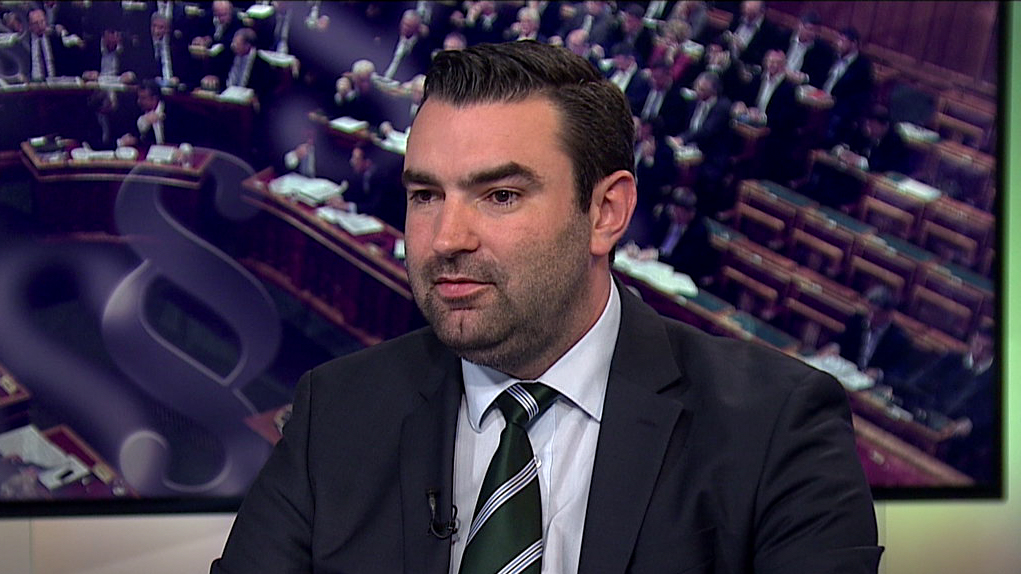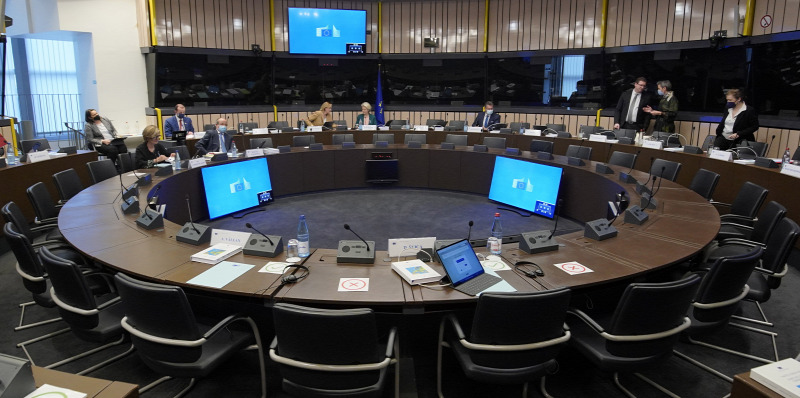For political reasons, Brussels baselessly accuses member states of corruption, in reports on the rule of law they talk about the inappropriate and, in some cases, illegal use of European Union funds, while they themselves operate in the least transparent manner. Several cases of suspected corruption have arisen in connection with politicians and organizations in Brussels, which lead to the conclusion that it would be better to practice self-reflection in the EU institutions instead of politically-based condemnation of other countries. Currently, we can talk about the complete financial transparency of the European Union institutions and their members and senior officials. Constitutional lawyer Zoltán Lomnici Jr., legal expert of Századvég, wrote to Origo.
Since 2015, in the rhetoric of Brussels, countries with national-conservative governments and countries that reject migration, including our country, have been under increasingly intense attack.

According to Ursula von der Leyen, President of the EC, corruption is the biggest problem in Hungary. The facts, however, show otherwise. After the 2010 elections, the national civilian government used all possible means to suppress corruption. The new Btk. - which was adopted by the Fidesz-KDNP majority Parliament - introduced the general concept of corruption crimes, this group of crimes in Act IV of 1978 on the Criminal Code. Act (old Criminal Code) was regulated as crimes against the purity of public life. The new Btk. Section 300-aa also classifies the failure to report a crime of corruption as a crime and punishes it with imprisonment of up to three years, thus keeping the officials away from the fact that, if in their capacity they gain credible knowledge that they have committed a crime of corruption that has not yet been uncovered, they should not report this to the authority as soon as they have the opportunity.
While the European Court of Justice accuses Hungary of baseless accusations, the EU body and its members have been involved in numerous cases of suspected corruption in the past twenty-five years.
The Santer Commission (1995-1999) led by Jacques Santer, several members of which were involved in suspicions of corruption and negligent omissions, ranks first chronologically and in terms of media coverage of the case Based on the investigations, the value of the data collection contracts concluded with external companies was artificially increased, and the resulting cash was paid into Latin funds. The director general of Eurostat, Yves Franchet, and some of his colleagues were accused of operating a black box for years, where public funds were transferred using illegal means. After that, the article also reports on several significant corruption events.
The Von der Leyen Commission, which is currently in office until 2024, has not been without a corruption scandal either. Four million euros unexpectedly appeared in the bank account of Stella Kyriakídisz, the health commissioner who signed the EU vaccine contracts, which she tried to set up as a loan to avoid scandal. On the other hand, the Cyprus Audit Office report stated that the politician will not be able to repay such a large amount either from his salary or from other sources, so in fact no loan was taken, and with this - presumably - they were only trying to erase the traces of corruption. According to the signs, the money comes from the vaccine production companies, who were willing to pay a significant amount for the contracts that were concluded on favorable terms, enabling delayed and intermittent deliveries. Suspicions of passive bribery in connection with the case have been raised in many places in the Cypriot media.
Source and full article: Origo
Featured image: MTI/EPA pool/Ronald Wittek













